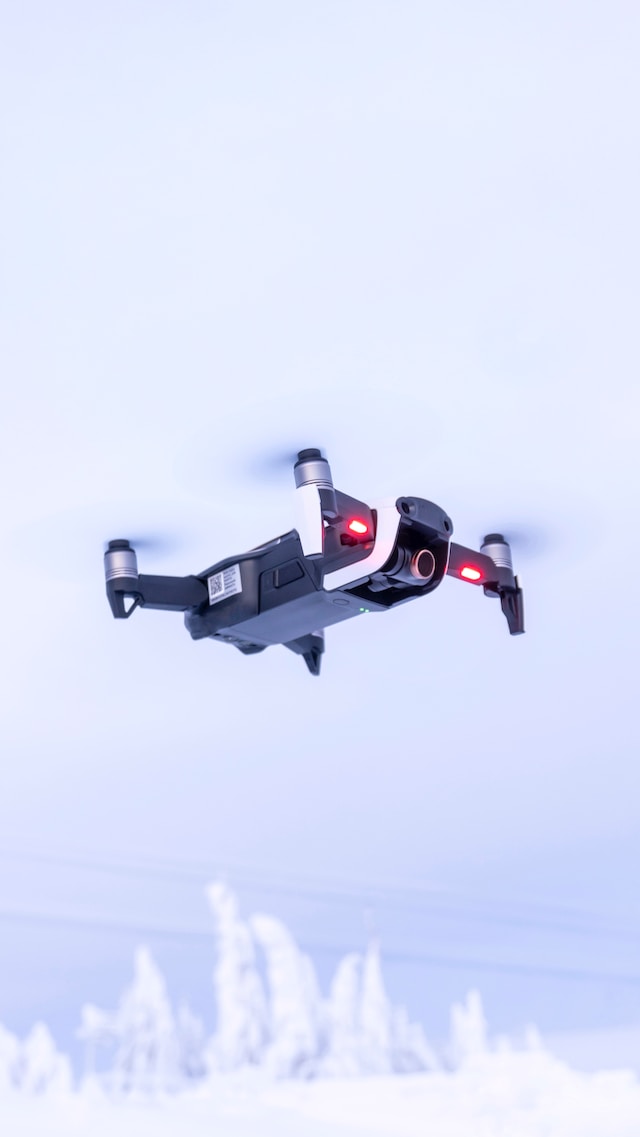US Warns Space Companies about Foreign Spying: Safeguarding National Interests
In an era where space exploration and technology are rapidly advancing, the United States is keeping a vigilant eye on a new threat: foreign spying within its burgeoning space industry. As the race to conquer the cosmos intensifies, ensuring the security of sensitive space technology has taken center stage. The recent warning issued by US authorities underscores the critical importance of protecting national interests in the realm beyond our planet.
The Rising Concern: Foreign Spying in Space
The allure of space has never been stronger. With private space companies pioneering groundbreaking innovations and governments investing heavily in cosmic endeavors, the opportunities are immense. However, this rapidly evolving landscape has also attracted the attention of foreign adversaries seeking to gain a competitive edge through espionage. The US government’s recent cautionary note serves as a stark reminder that the cosmos is not immune to the perils of international intrigue.
Safeguarding Sensitive Space Technology
As space companies continue to push the boundaries of human achievement, safeguarding their intellectual property and sensitive technology is paramount. The warning from US authorities serves as a call to action, prompting businesses to enhance their cybersecurity measures and adopt robust defense mechanisms. Some key steps that space companies can take to protect their assets include:
- Advanced Encryption: Implementing state-of-the-art encryption protocols for communication and data storage can thwart unauthorized access and data breaches.
- Regular Security Audits: Conducting routine cybersecurity audits and assessments can help identify vulnerabilities and proactively address potential threats.
- Personnel Training: Educating employees about cybersecurity best practices and the importance of vigilance can create a human firewall against potential intrusions.
- Collaborative Intelligence: Sharing threat intelligence within the industry and collaborating with government agencies can provide a collective defense against foreign espionage.
- Supply Chain Scrutiny: Vigilantly assessing and monitoring third-party suppliers to ensure their adherence to stringent security standards is crucial in preventing infiltration through the supply chain.
National Interests at Stake
The United States’ concerns about foreign spying in the space sector are not solely about protecting corporate interests; they extend to safeguarding national security and sovereignty. Space technology plays an integral role in various domains, including communication, navigation, weather forecasting, and defense. A breach of sensitive space technology could potentially compromise these critical systems, with far-reaching consequences.
Foreign spying in the space industry could enable adversaries to gain a competitive advantage, eroding the United States’ technological edge and undermining its strategic capabilities. By fortifying cybersecurity measures and embracing a culture of vigilance, US space companies can help preserve the nation’s dominance in the cosmos while contributing to global advancements.
Conclusion
The US warning to space companies about foreign spying serves as a stark reminder of the multifaceted challenges posed by the ever-expanding cosmos. As the boundaries of space exploration continue to be pushed, so too must the boundaries of cybersecurity and defense. By heeding this cautionary note and adopting proactive measures, the US space industry can ensure its technological advancements remain a beacon of progress, innovation, and national pride. In the quest for the stars, safeguarding our terrestrial interests has never been more crucial.












